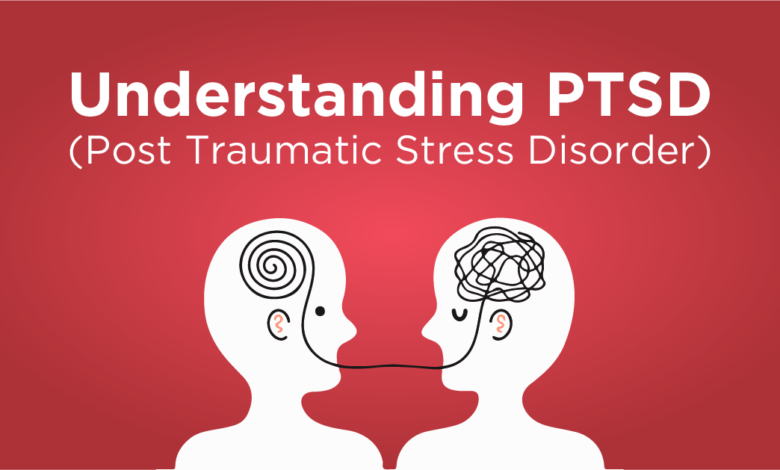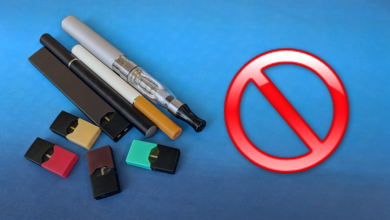The signs of cures of Comment Stress Disorder (PTSD)

Do you know The signs of cures of Comment Stress Disorder (PTSD)? After experiencing a terrible event, post-traumatic stress disorder may emerge. Accidents, fires, military combat, natural disasters, physical or sexual abuse, terrorist attacks, or the unexpected death of a loved one can all be considered traumatic occurrences. You may experience unfavorable, apprehensive feelings if you have Flowood post-traumatic stress disorder. Your life may be impacted for several months by these impacts.
Read More: 5 Easy Tips to Avoid Gaining Weight
Symptoms of post-traumatic stress disorder
One or more of the many PTSD symptoms may be present in you. The typical signs include:
Avoid persons or situations that trigger unpleasant memories, such as friends from your military service, if you suffer from PTSD.
Being on the edge: PTSD can make it challenging for you to unwind or take pleasure in the activities you used to. You might experience jitteriness or anxiety, be easily startled, or anticipate negative events.
Negative emotions and thoughts: PTSD might cause you to feel angry, depressed, guilty, or mistrustful.
Traumatic situations might be relieved or experienced again in flashbacks or nightmares.
Treatments for post-traumatic stress disorder

Medications
In order to treat post-traumatic stress disorder and the symptoms that go along with it, your doctor may prescribe certain antidepressants. These medicines consist of:
- Selective serotonin reuptake inhibitors like citalopram, fluvoxamine, and fluoxetine.
- Tricyclic antidepressants like Elavil and doxepin.
- Mood stabilizers like Divalproex and lamotrigine.
- Atypical antipsychotics like aripiprazole and quetiapine.
- Propranolol can help minimize the formation of traumatic memories.
Psychotherapy
Psychotherapy aids in the development of coping mechanisms and teaches you how to manage your symptoms. Along with helping you overcome your worries related to the traumatic experience, it also focuses on educating you and your family about the stress disorder.
Cognitive behavioral therapy
The focus of cognitive behavioral therapy is on teaching you how to identify and alter the thought processes that cause unsettling emotions, feelings, and behaviors.
Prolonged exposure therapy
In behavioral therapy known as prolonged exposure therapy, the distressing situations, things, or experiences that make you anxious are removed. This procedure is carried out by your doctor in a secure and well-controlled setting. Long-term exposure therapy enables you to face your fears and gradually gain confidence in the presence of anxiety-inducing events. According to studies, this method works wonders for the majority of PTSD patients.
Psychodynamic therapy
Your therapist will work with you to analyze your values and the emotional conflicts brought on by the traumatic events during psychodynamic treatment. The specialist creates strategies to assist you in handling the circumstances.
Group therapy
Several PTSD sufferers participate in group treatment. It enables people to express their ideas, worries, and emotions around traumatic occurrences.
Eye Desensitization and Reprocessing (EMDR)
EMDR is a sophisticated form of psychotherapy that was first employed by doctors to ease the suffering brought on by traumatic memories. Now they apply it to PTSD sufferers’ phobias.
A stressful incident can result in post-traumatic stress disorder, a mental health condition. You might avoid activities you enjoy, relive terrible experiences from the past, or experience unfavourable emotions. To control your negative thoughts and emotions, make an appointment at Precise Research Centers for post-traumatic stress disorder treatment.







